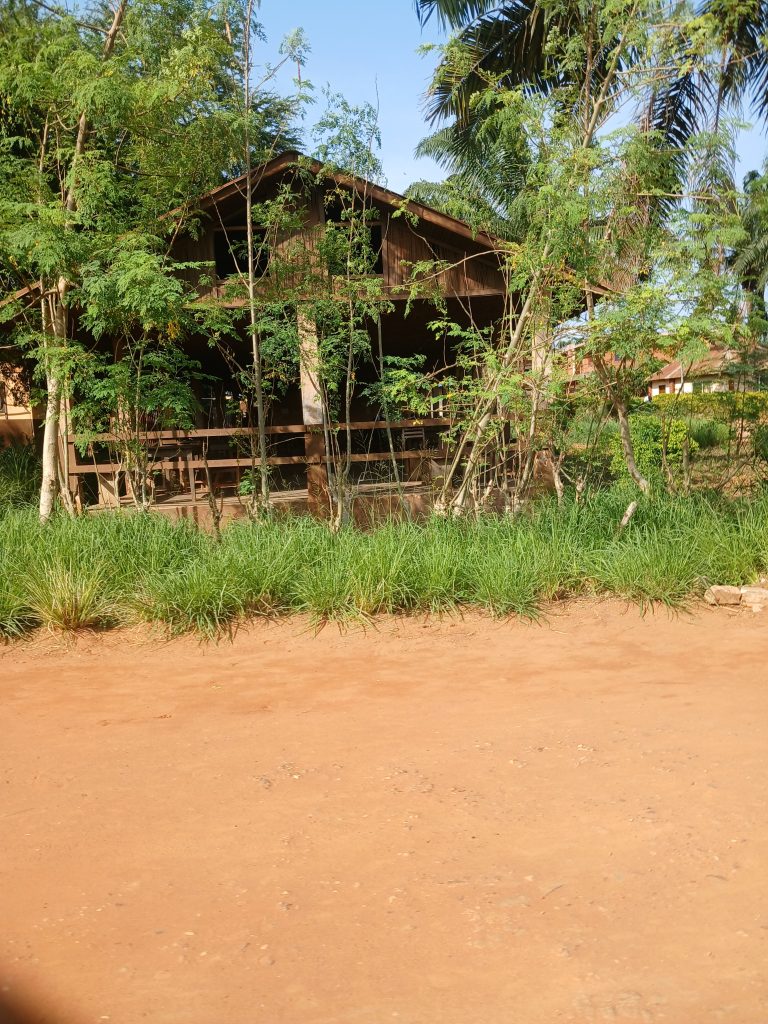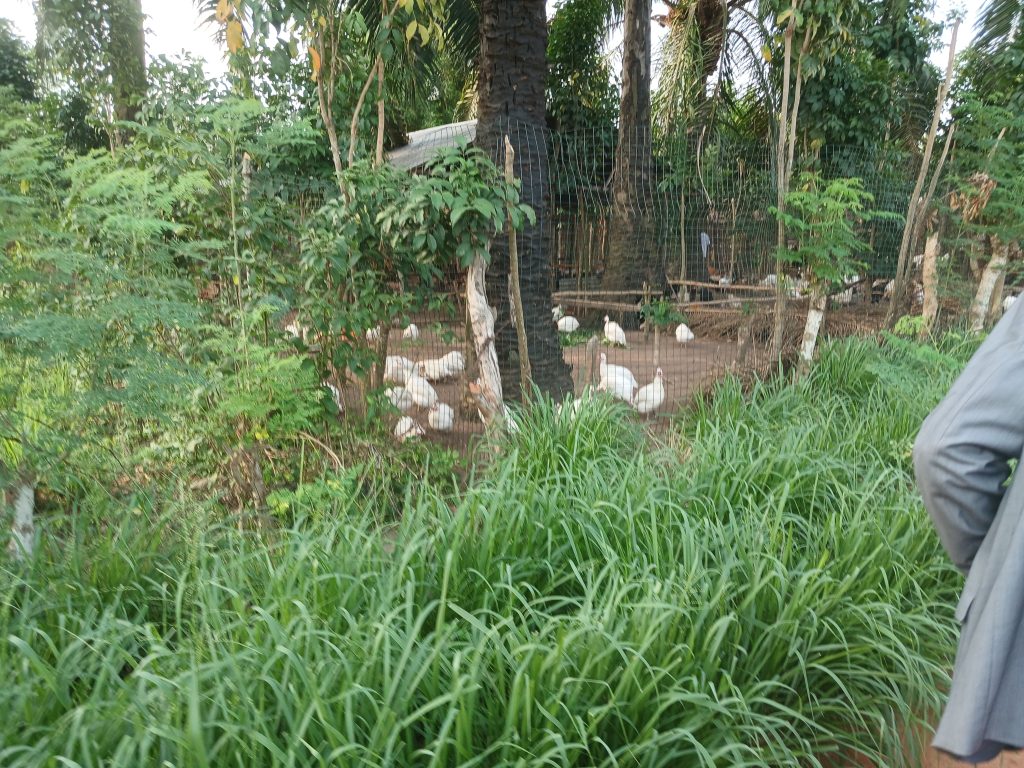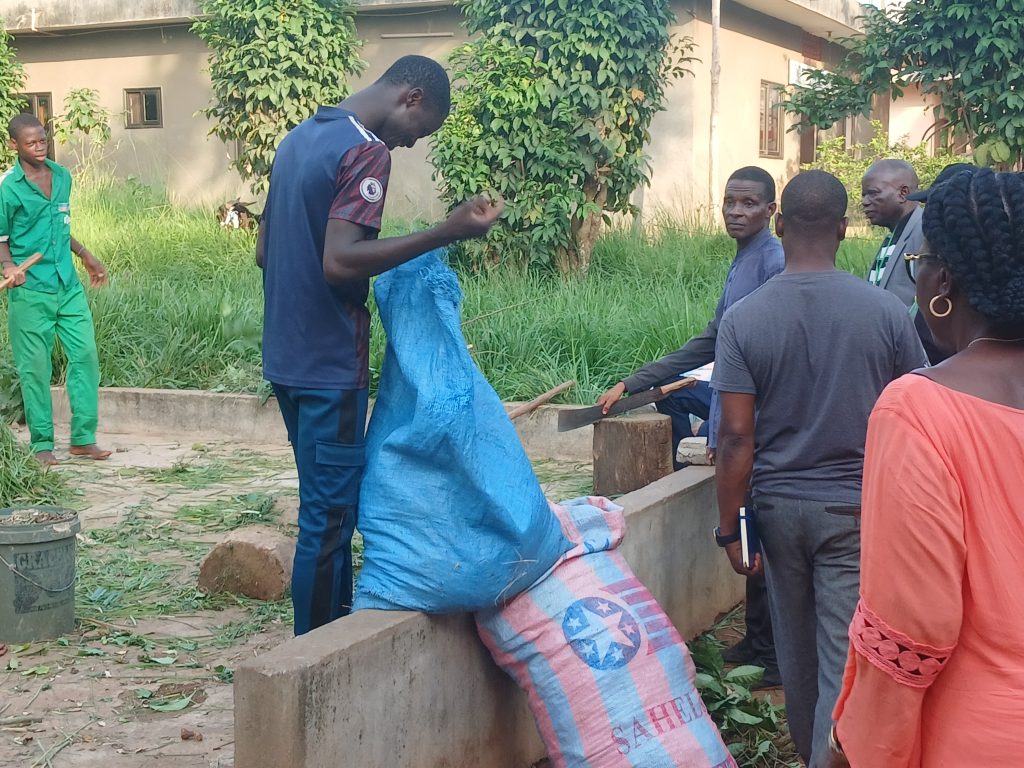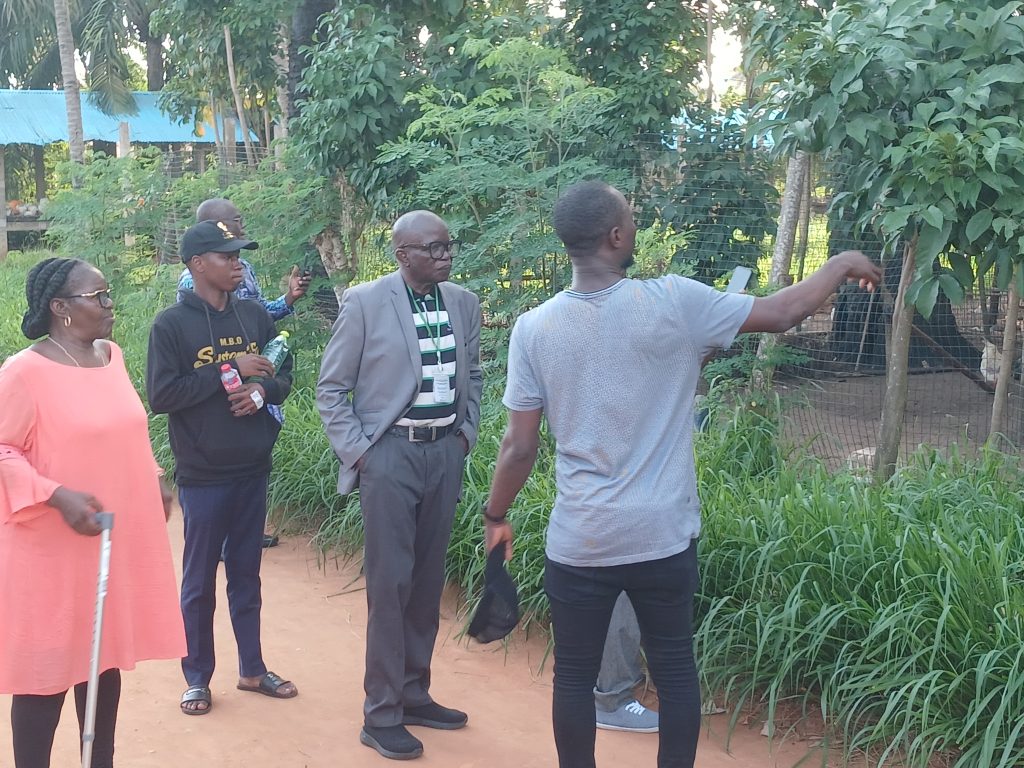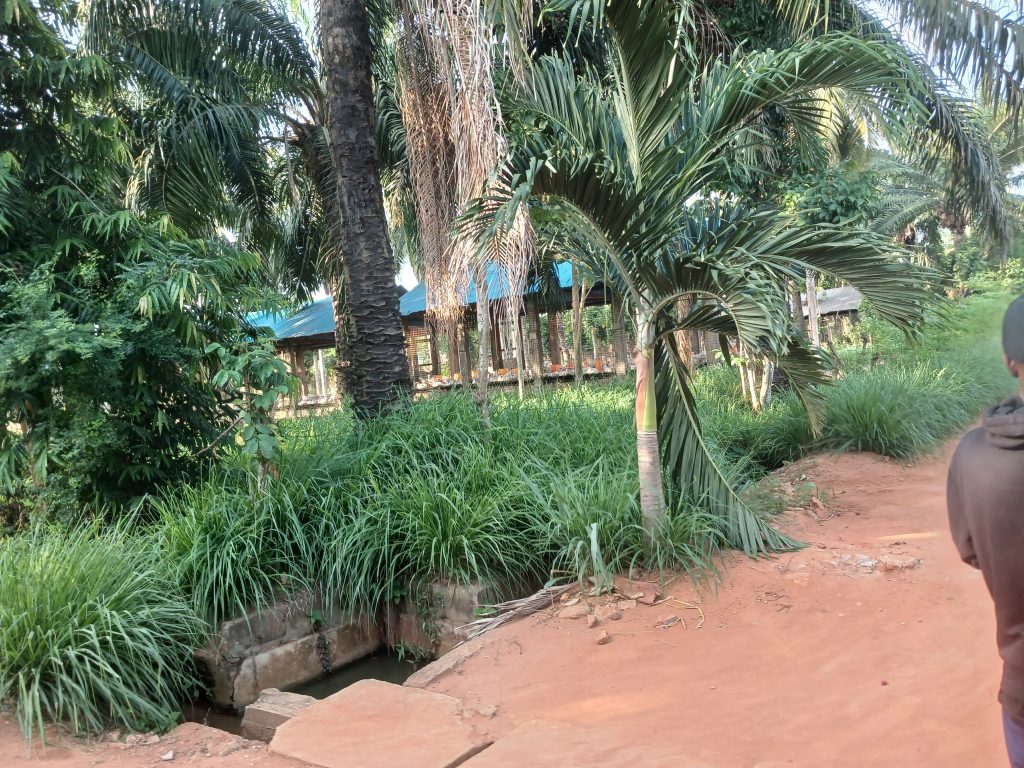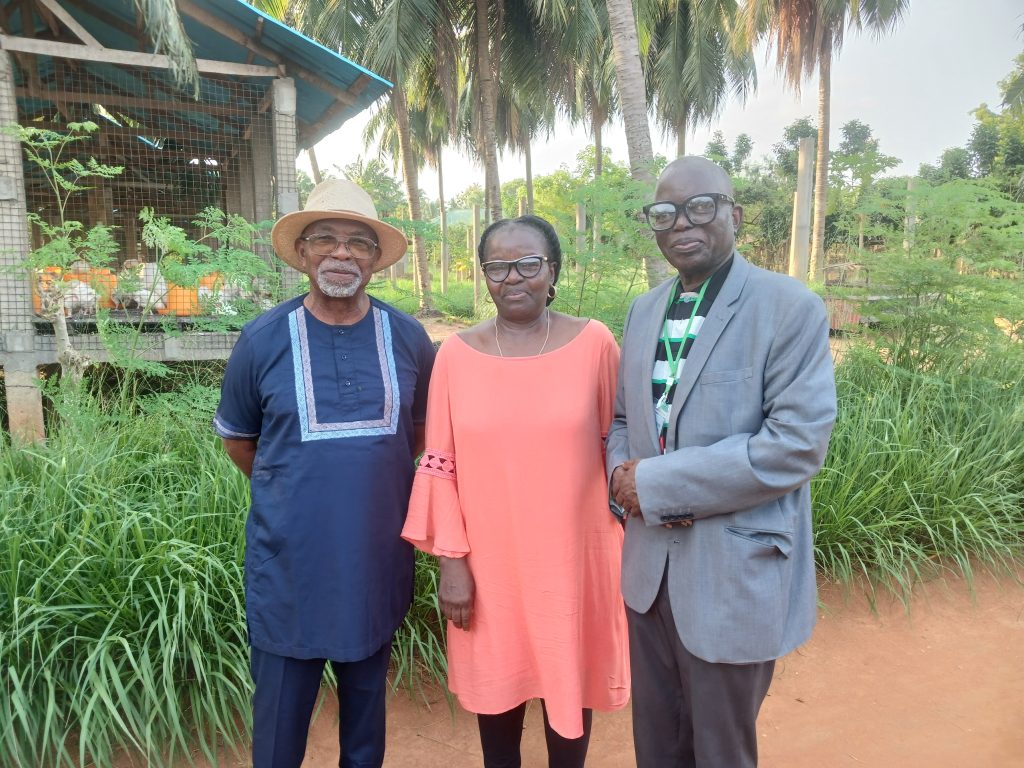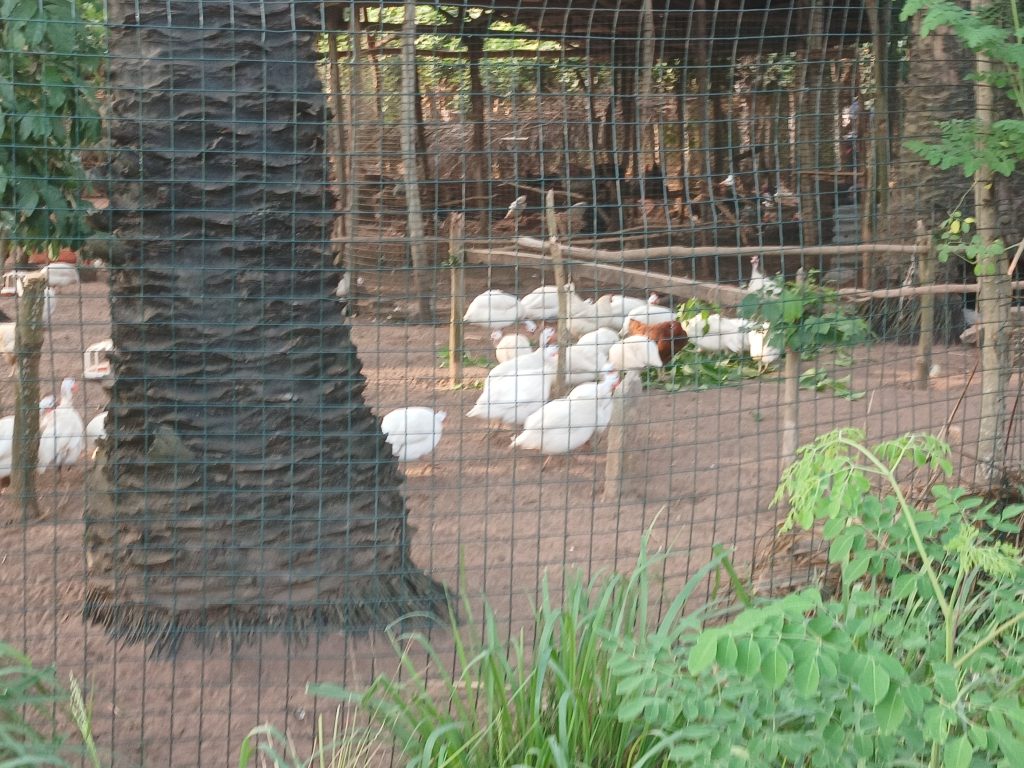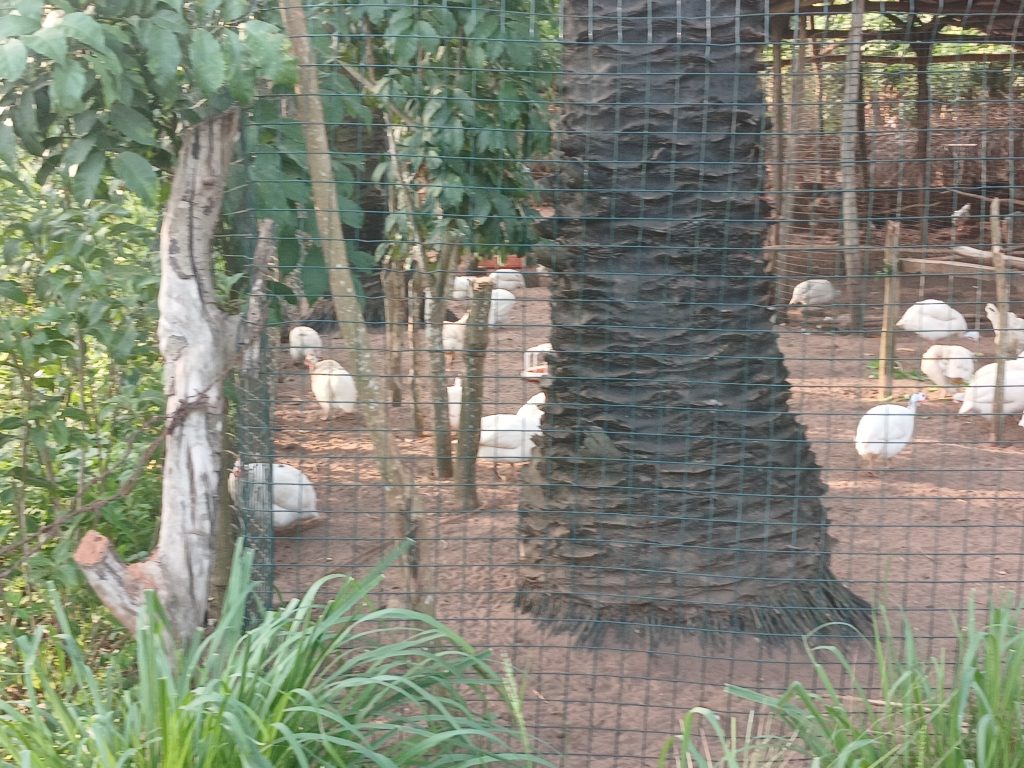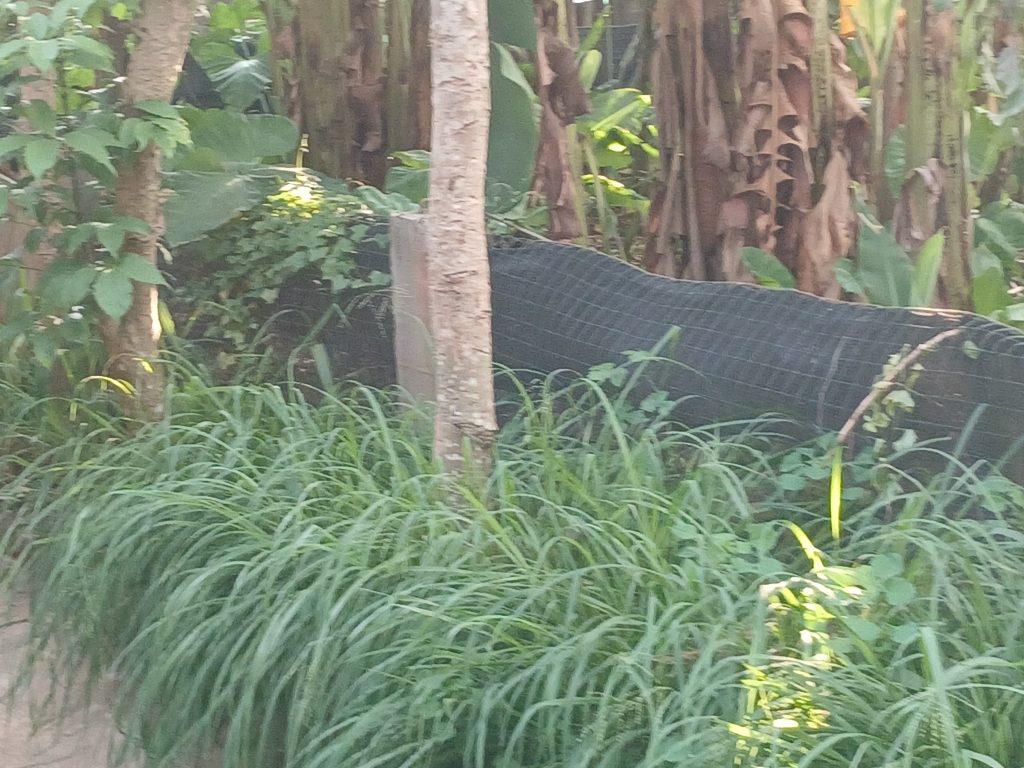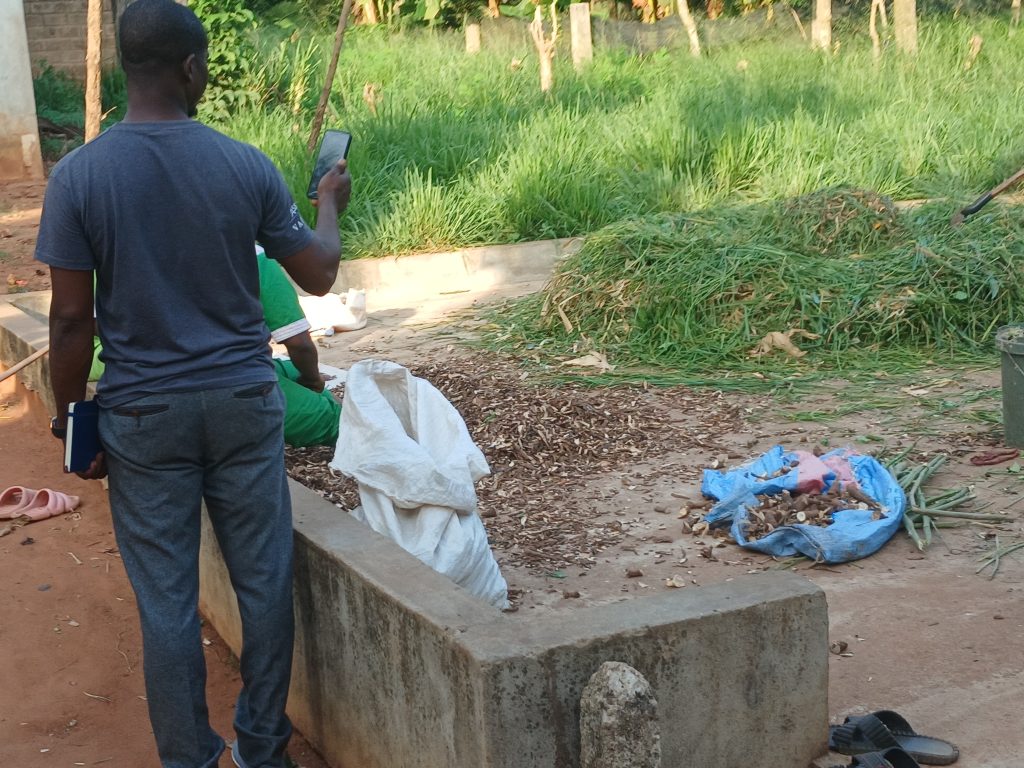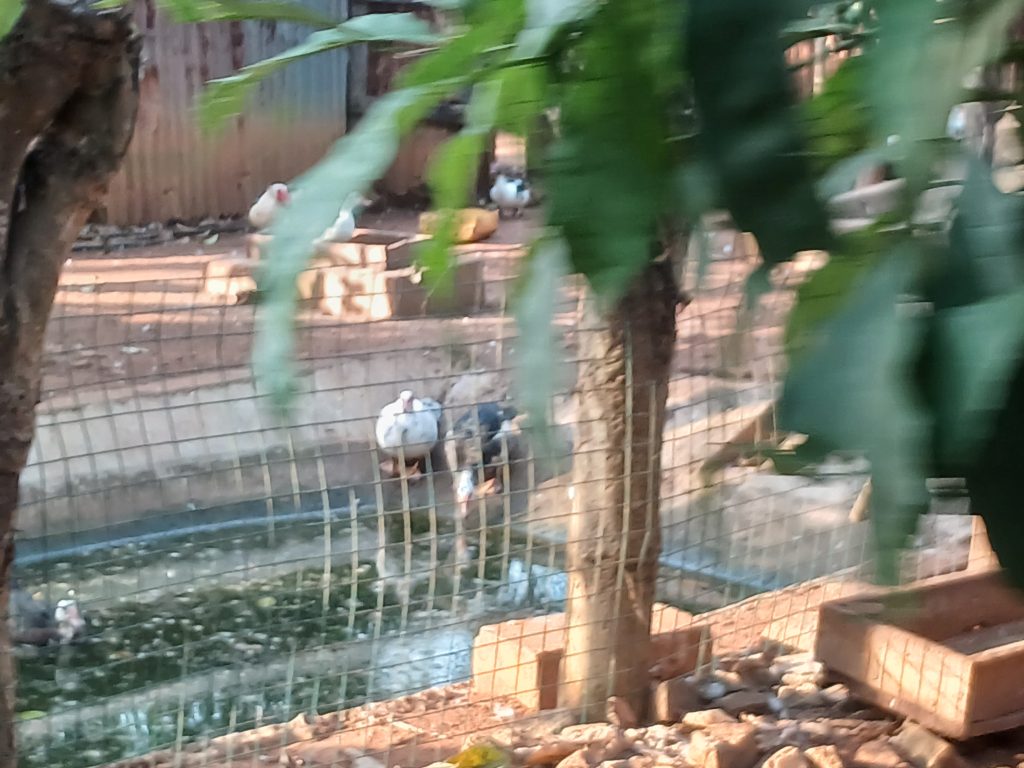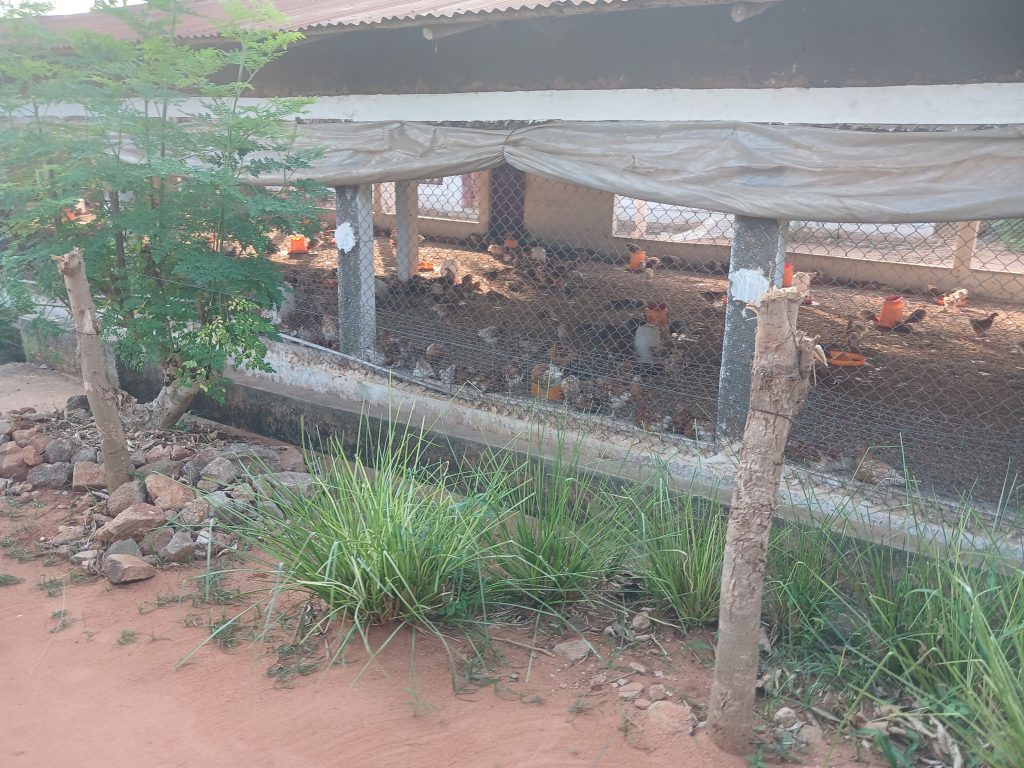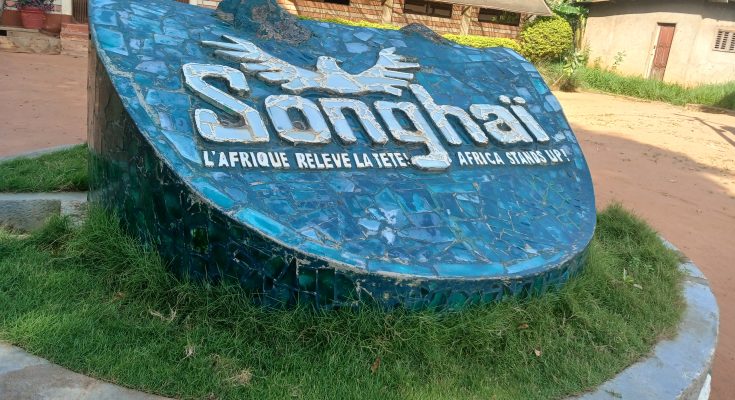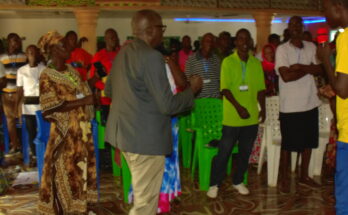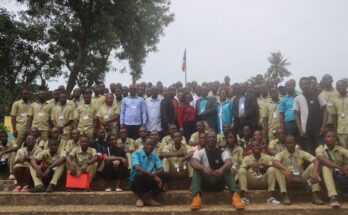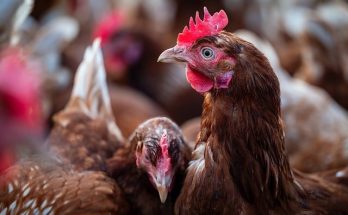As part of the Livestock Industry Foundation for Africa’s (LIFA) Knowledge Update Programme, we regularly visit and study farms across various regions to gather insights into innovative agricultural techniques. This initiative helps us stay at the forefront of sustainable practices that can advance farming in West Africa, with a particular emphasis on poultry.
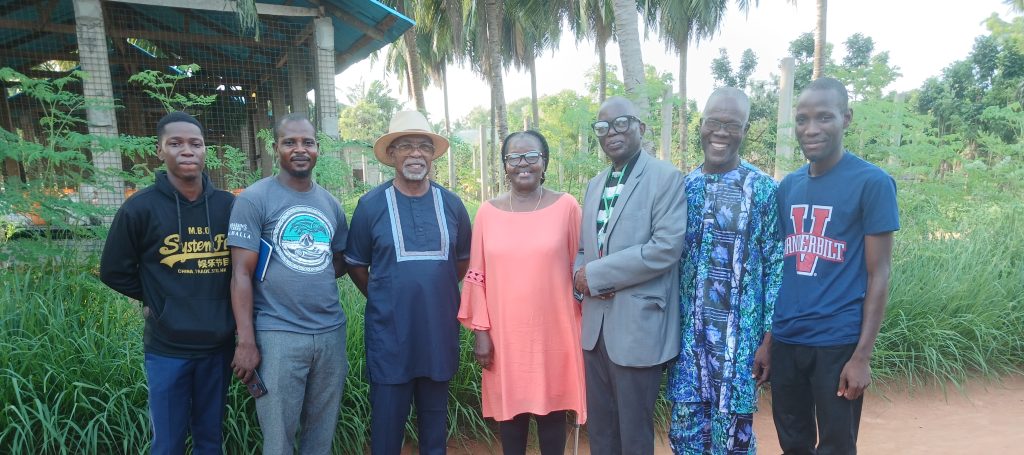
A recent highlight of our 2024 training series was our visit to Songhai Farm in Porto-Novo, Benin. This visit was part of country tour aimed at exploring sustainable farming solutions. The LIFA team was particularly impressed by Songhai Farm’s approach to climate change resilience, which aligns with our goal of promoting sustainable and adaptable farming practices among West African poultry farmers.
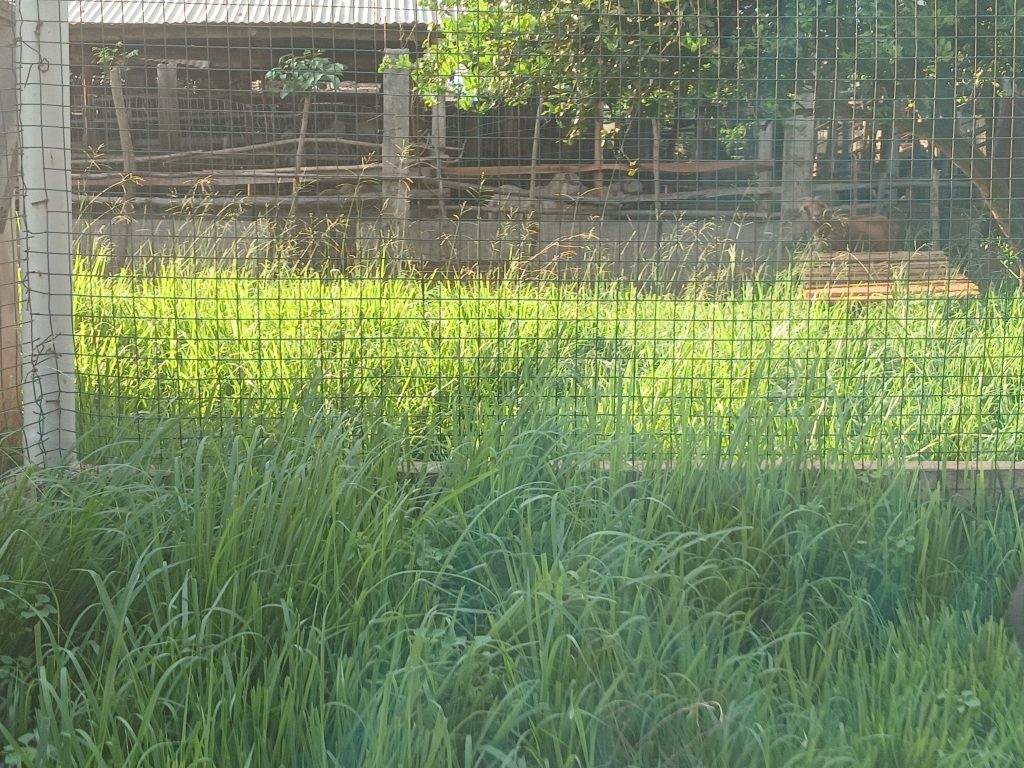
Songhai Farm exemplifies sustainable agriculture through its closed-loop system, where every resource is maximized, and waste is minimized. By incorporating organic waste management, renewable energy, and resource efficiency, the farm has created an environmentally friendly, high-yield system. This holistic approach not only minimizes environmental impact but also increases productivity, offering a model for sustainable agricultural development across the region.
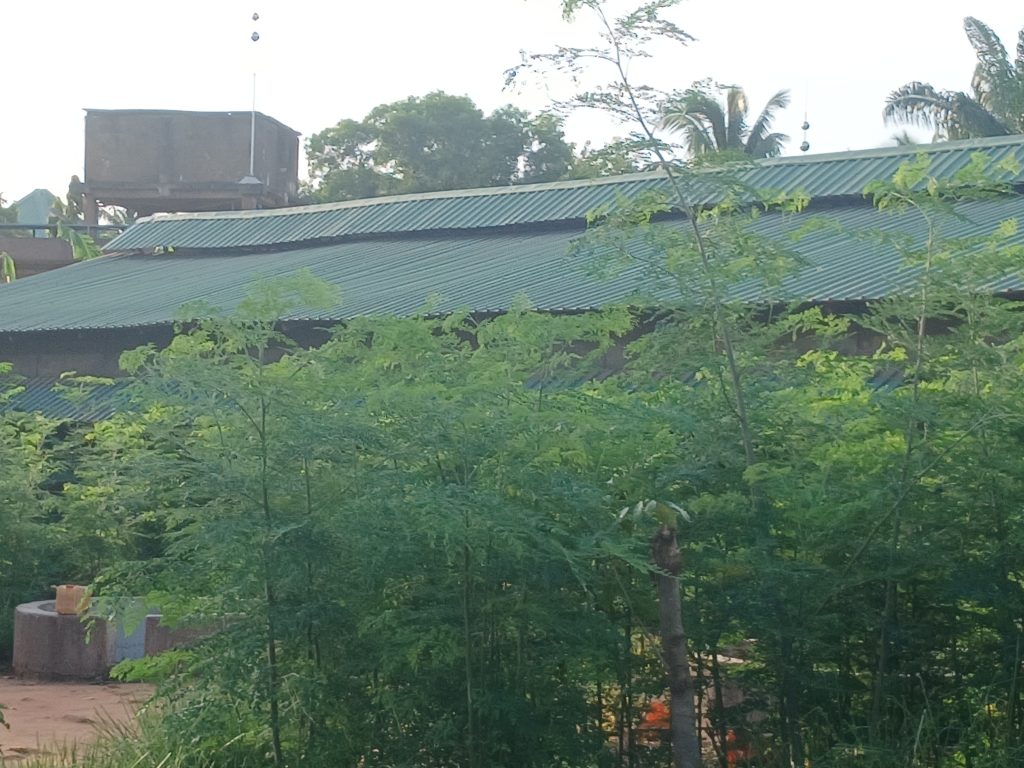
The insights gained from this visit will enhance LIFA’s training programs and strengthen our ability to advocate for sustainable agricultural practices throughout Africa. Songhai Farm’s methods provide valuable knowledge that can be shared with farmers, empowering them to adopt more resilient, eco-conscious techniques.
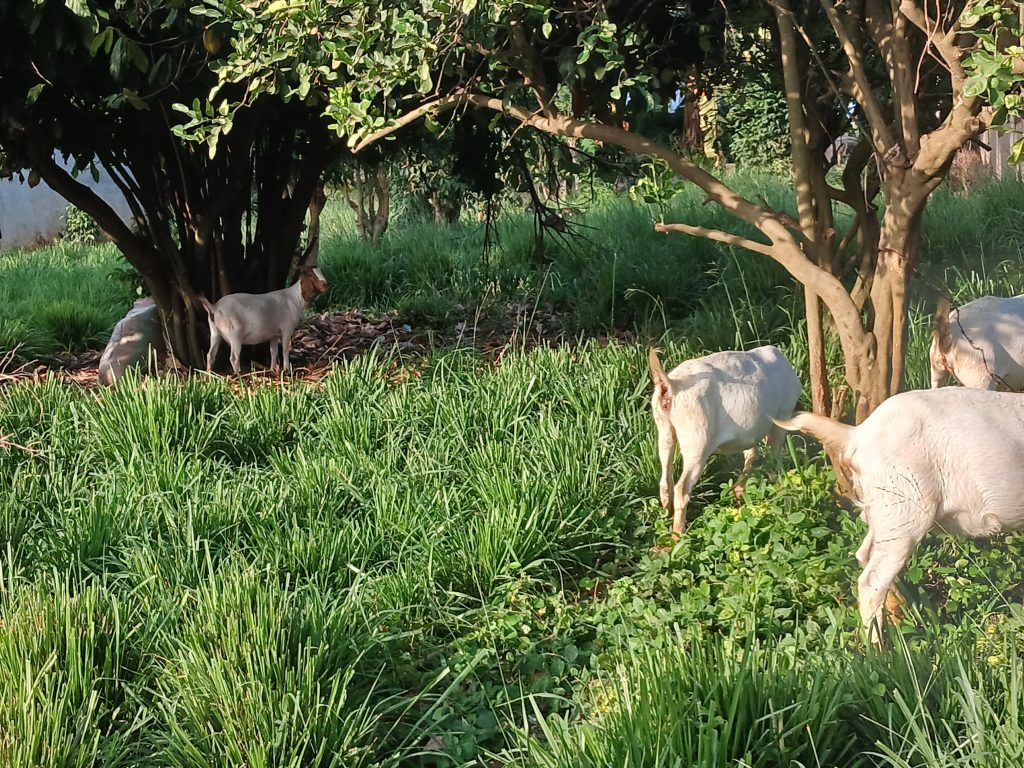
Our visit to Songhai Farm was an inspiring experience, showcasing how innovative, environmentally friendly practices can transform agricultural operations. It sets a powerful example for West African farmers, offering a pathway towards a more sustainable future in agriculture.
Practices Observed
1. Medicinal Plants for Poultry Health
At Songhai Farm, specific plants are cultivated for their medicinal properties to support poultry health. These plants are chosen for their natural ability to boost immunity, prevent common diseases, and improve productivity. This approach reduces the reliance on synthetic drugs and antibiotics, promoting a natural, eco-friendly method for managing poultry health. Such practices align with the farm’s commitment to holistic and sustainable agriculture, providing a replicable model for farmers across Sub-Saharan Africa.
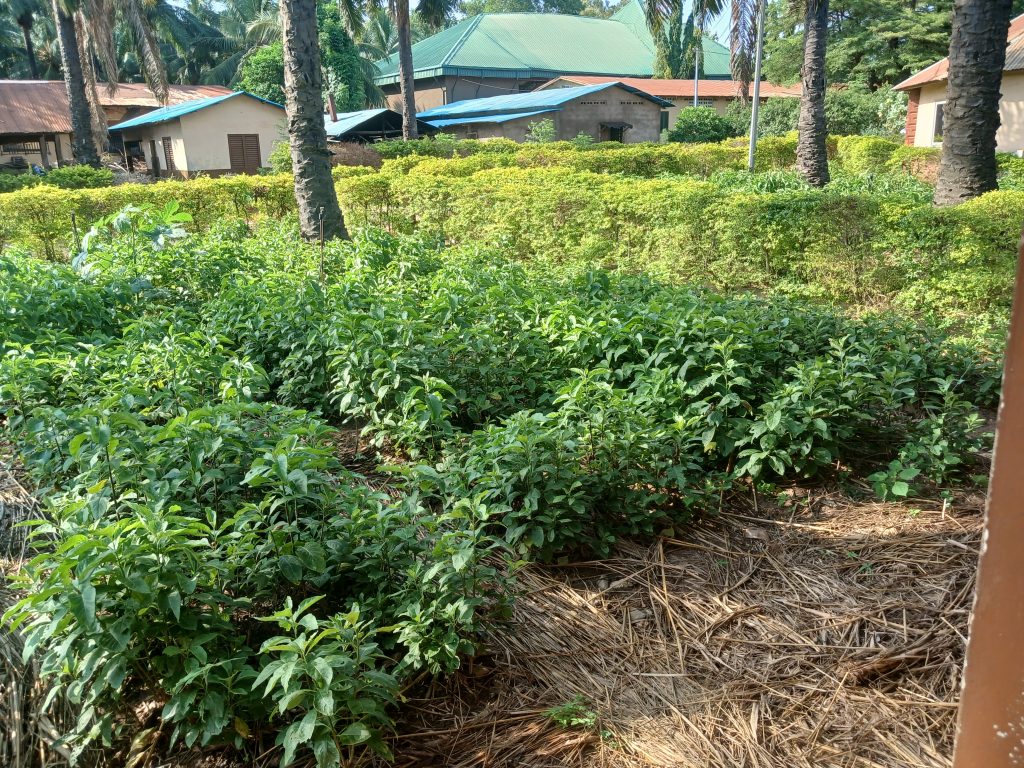
2. Heat Stress Reduction and Natural Shade
The poultry pens at Songhai are strategically surrounded by vegetation, creating natural shade that helps regulate temperatures and reduce heat stress for the birds. This design not only enhances poultry welfare but also improves productivity by minimizing heat-related stress. It’s a practical, sustainable solution that provides a cooler environment, especially beneficial in warm climates.
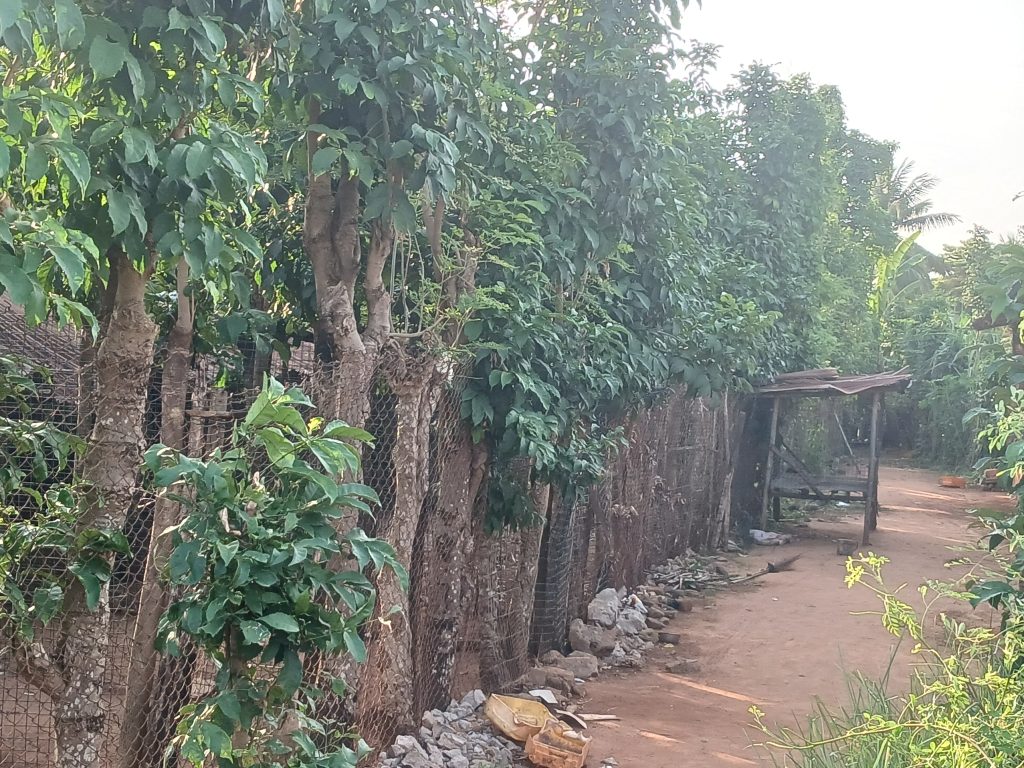
3. Waste Management and Odor Control
Songhai Farm takes an eco-conscious approach to waste management by treating water waste with algae, which minimizes odors and serves as a protective barrier for the snail-rearing section. This sustainable practice not only maintains environmental quality but also enhances the farm’s overall productivity and resilience.
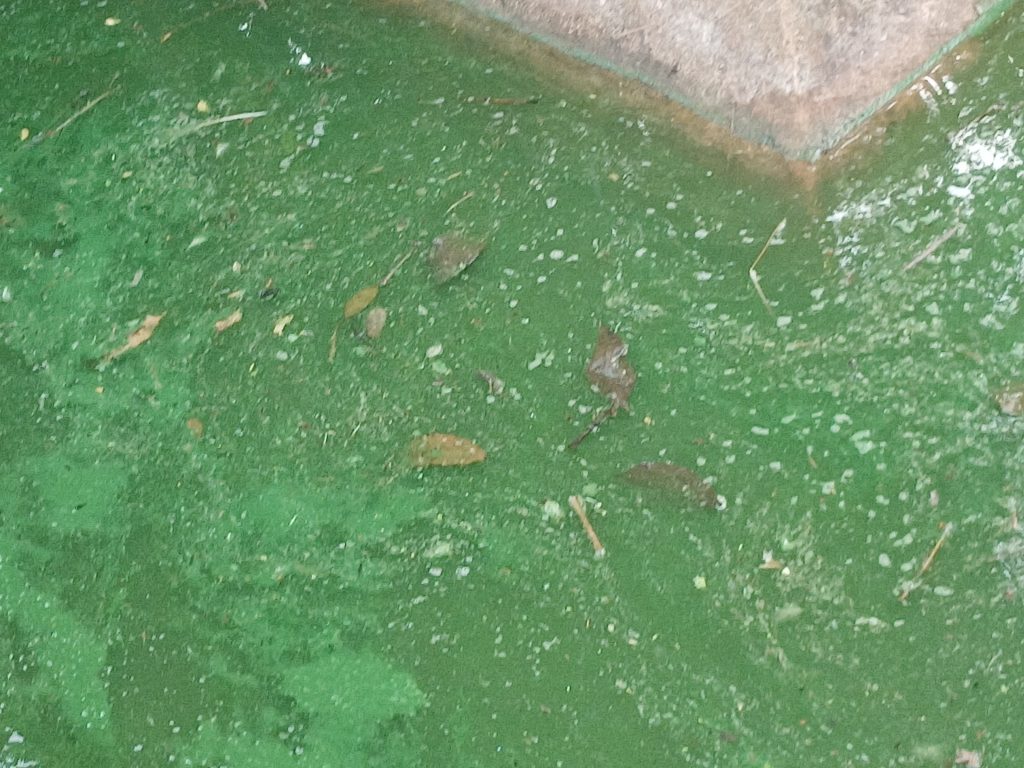
The LIFA team engaged in insightful discussions with Songhai Farm’s management on adapting these techniques to local conditions in Sub-Saharan Africa. This visit reinforced LIFA’s commitment to empowering farmers with knowledge and tools to thrive despite climate challenges. The Songhai Farm’s sustainable practices provide an inspiring roadmap for a more resilient agricultural sector, highlighting the importance of eco-friendly practices that benefit both livestock and the environment.
